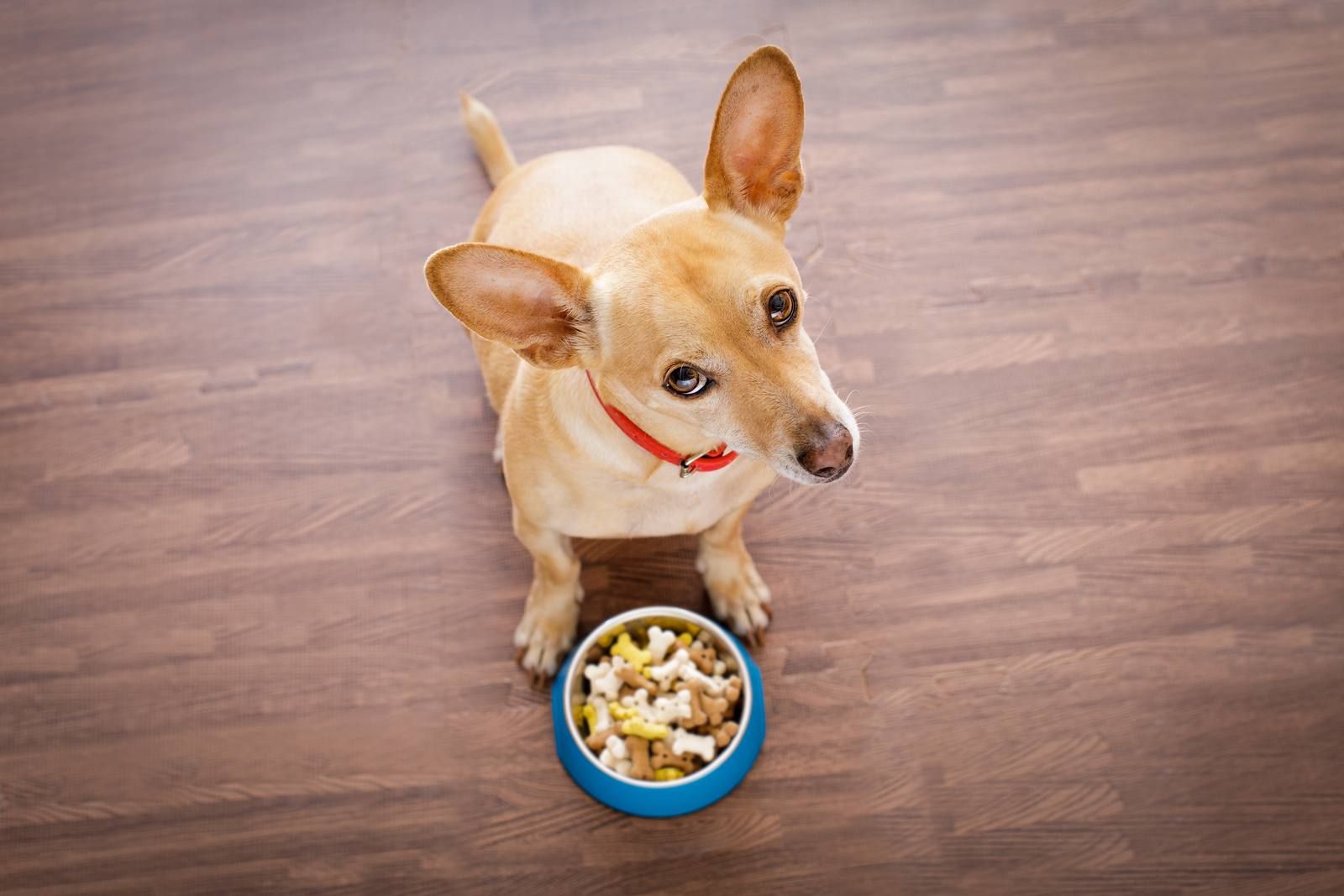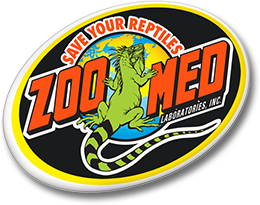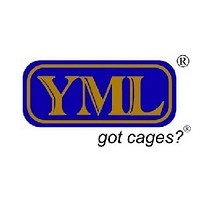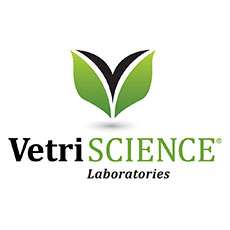A Guide to Your Pet’s Food Intolerances


Animals, like humans, can acquire intolerances or allergies to particular diets. While it most typically affects dogs, cats can also acquire food allergies, even if they’ve eaten it for a long time. An allergy arises when the immune system overreacts to a specific food and produces antibodies to combat it. Typically, allergies emerge when a dog or cat is allergic to a specific protein or carbohydrate in the meal. If you feel your pet is allergic to a food, consult with your veterinarian and identify other meals for your pet.
How to Tell If Your Pet Is Allergic to Food
Itching is the most prevalent indicator that a dog is allergic to anything it is consuming. Consider what is in your pet’s diet if you observe him scratching more than normal. There are various potential indications that a dog may have a food intolerance. Take note of if your dog has experienced diarrhea, vomiting, or appears to be suffering from other digestive disorders. A dog that has acquired an allergy may become hyperactive or less active, lose weight, and even exhibit indications of hostility.
Cats with food allergies frequently exhibit symptoms similar to dogs. Itching can cause repeated scratching, which can result in hair loss. Cats with food intolerances may experience vomiting, diarrhea, or flatulence. Other symptoms of an allergy to what your cat is eating include red skin, coughing, wheezing, sneezing, and lethargy.
Ingredients That May Cause Food Intolerances in Cats and Dogs
Dogs and cats can be allergic to the same substances, although some allergies are more frequent in dogs than in cats, and vice versa. Most dogs are allergic to certain proteins present in dairy products. They may also be allergic to chicken or chicken eggs, beef, and lamb. Dogs are frequently allergic to soy or gluten. While cats can be sensitive to dairy products, fish, and chicken, they are more typically intolerant of beef products. Keep in mind that there has been little study on cats and allergies, so they may be allergic to other things that have yet to be found.
Food Allergies in Dogs and Cats
When a person believes they have an allergy, they see an allergist to have testing conducted. However, this sort of testing is uncommon in dogs and cats. Instead, if you believe that one of your dogs has an allergy, you must offer them a hypoallergenic diet for 8-12 weeks. This method, known as an elimination trial, is the most accurate technique of identifying a food allergy in an animal.
To ensure that the elimination diet works for your pet, be certain that you are feeding them foods that contain no substances that they have already consumed. Consider their vitamins, snacks, and any flavored toys they may have. Even heartworm preventatives can include these substances, so perform a careful check.
You may be able to conduct a blood test on your dog if you choose. Some veterinarians do serum IgE testing, which may be able to pinpoint exactly what your pet is allergic to. However, these tests may be costly, and it is generally easier to simply begin an elimination diet.
After many weeks of adopting the elimination diet, your vet will contact you to inquire about your pet’s symptoms. The veterinarian will want to know if they’ve improved, deteriorated, or remained stable. If there has been progress, your veterinarian will discuss the next steps. Sometimes your pet will stick to the diet it was on throughout the trial period. Other times, the veterinarian may ask you to reintroduce one thing at a time to see if you can narrow down what your dog or cat is allergic to.
The Best Foods to Feed a Pet With Allergies or Intolerances
Finding foods that a pet with allergies or food intolerances can consume is the most difficult aspect of caring for it. Fortunately, there are several alternatives on the market. If your cat has food allergies, for example, there are several possibilities. Purina Pro Plan is a popular choice.
The firm provides a variety of goods for both dogs and cats. Many of the items include chicken or fish, so consult with your veterinarian before using them. Purina Pro Plan, on the other hand, offers meals that perform a range of important functions for your pet’s health. A salmon and rice mix for dogs assists people with sensitive stomachs and skin issues, while the Savory Selects range for cats can aid with gastrointestinal issues.
When Should You Consult With Your Vet?
It is critical to consult with your veterinarian as soon as you see indicators that your dog has a food allergy. This is because the same symptoms might potentially suggest other issues. Seeing the vet lets you to rule out larger concerns and concentrate on the diet. Keep in mind that pets with food allergies may also have other sensitivities and may require weekly or monthly vaccinations to keep comfortable and active.
Fortunately, having a pet who is allergic to certain foods isn’t always a problem. Consult with your veterinarian to locate foods that are suitable for your dogs. They’ll be back to being their energetic, loving selves in no time.
Petstup is an official seller of the many well-known pets brands, focused on improving the lives of pets, pet parents and our partners. We proudly offer a large variety of pet nutrition products and supplies competitively priced for dogs, cats, reptiles, fish, birds and small animals. Petstup is your one stop shop for all your pet’s needs. All our products are authentic, and pass all mandatory United States standards and veterinary practices. We run several warehouses across the United States to serve you better and faster.




















